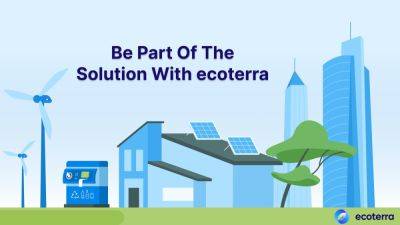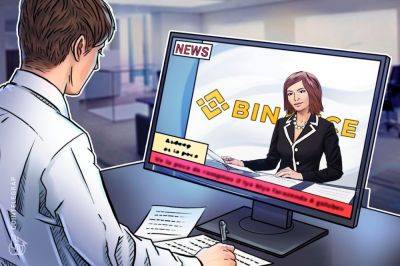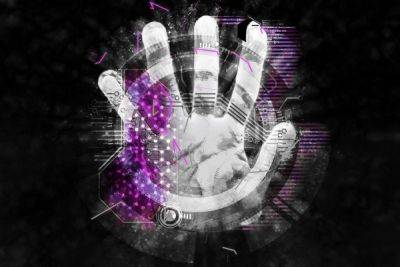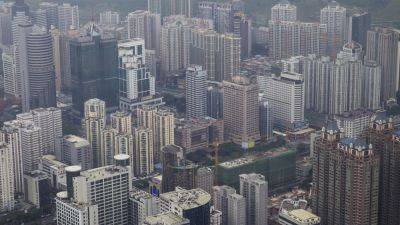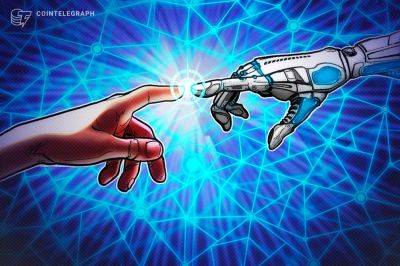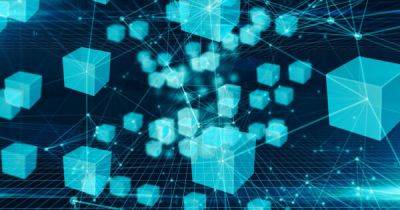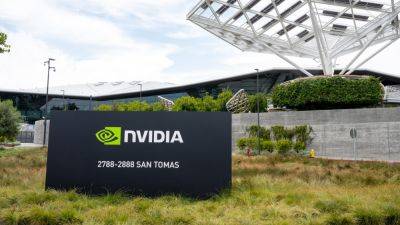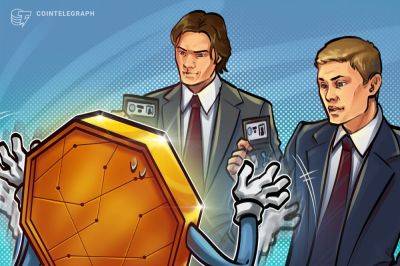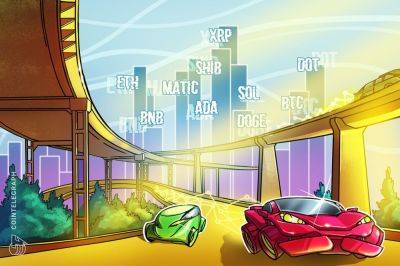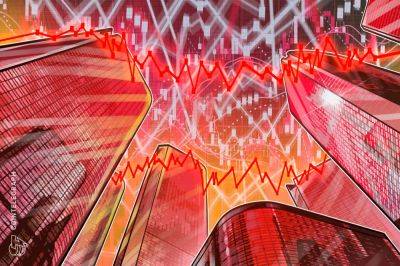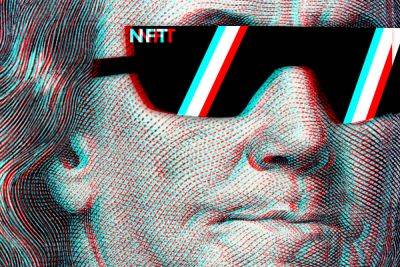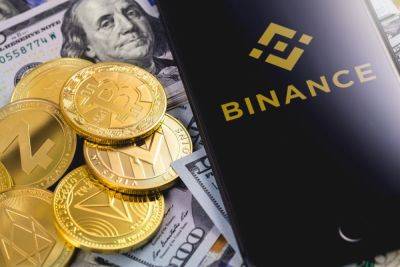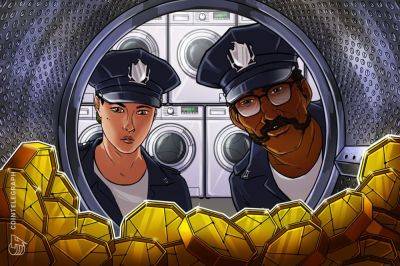The role of blockchain in agriculture and how it advances the UN’s Sustainable Development Goals
Many global challenges need to be addressed through a collaborative effort. Blockchain can play a role in accelerating some of the major goals, such as ending poverty and fostering inclusive economic growth.
In 2015, the United Nations (UN) presented its Sustainable Development Goals (SDG), which consist of 17 global goals aimed at tackling critical challenges related to poverty, equality, climate change, education, infrastructure, land and water management and more. These goals are part of the UN’s broader agenda for 2030.
A 2022 report by the Global Reporting Initiative (GRI) found that 83% of companies worldwide had openly supported the SDGs, aligning their strategies with one or more goals.
With the adoption of blockchain technology across major industries, including agriculture, many blockchain-oriented companies have the opportunity to drive and accelerate the UN’s goals. This includes ambitious goals like eradicating poverty, ending hunger, ensuring food security, promoting sustainable agriculture, and providing complete and productive employment for all.
Decentralized infrastructures can be crucial in addressing challenges hindering the UN’s objectives, and many leading groups in sustainability are taking notice.
In striving for a more sustainable future, blockchain makes things more transparent and accountable in various areas. For instance, when it comes to reducing poverty and making sure more people have access to financial services, blockchain can create records of transactions that can’t be changed, making digital financial services safer and more efficient for those who don’t have access to traditional banks.
Additionally, in supply chains, blockchain can be used to guarantee that products are made ethically,
Read more on cointelegraph.com

